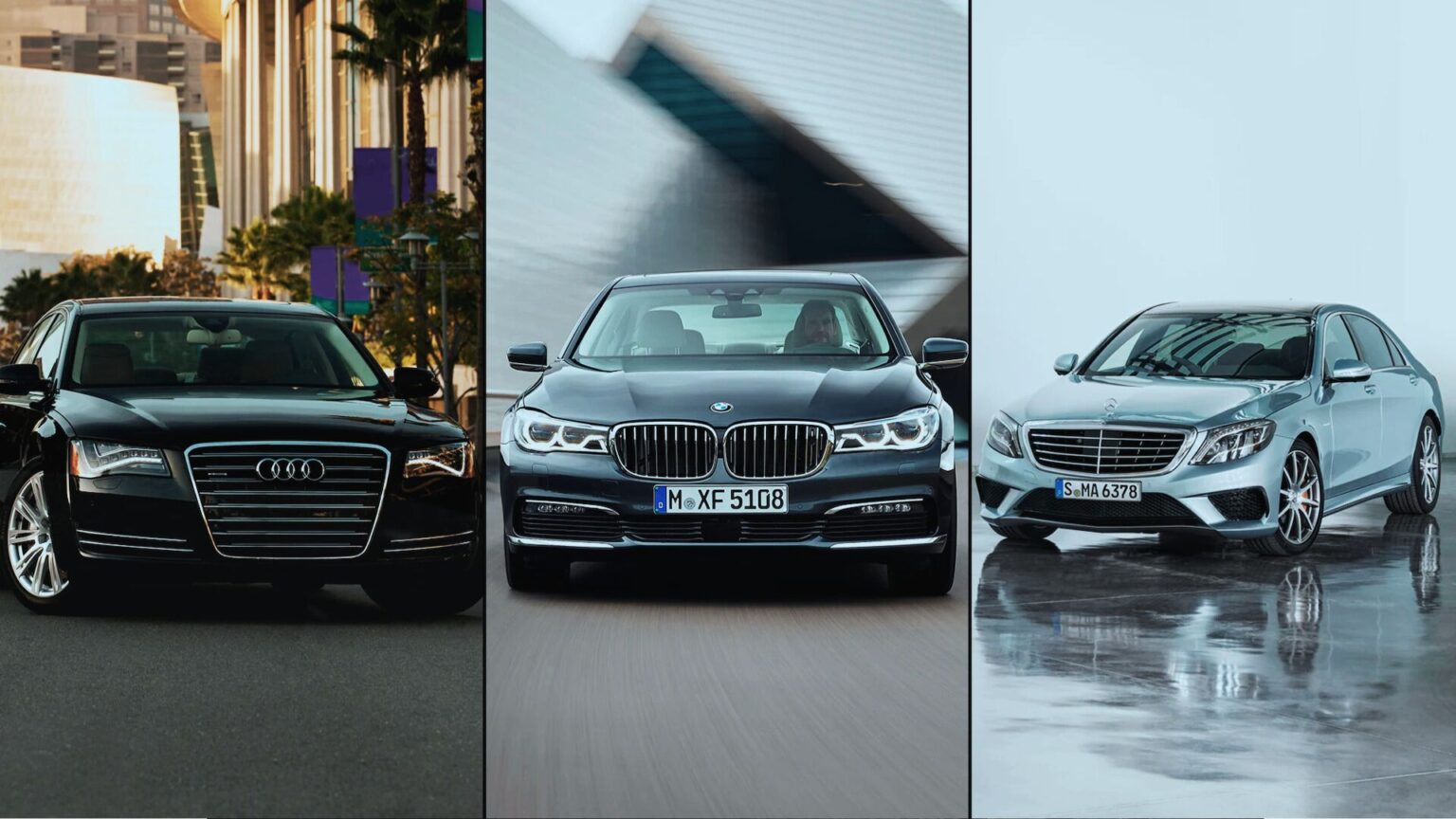BERLIN – German luxury automakers BMW, Mercedes-Benz, and Audi are adjusting their pricing and production strategies in response to potential U.S. tariffs. As trade uncertainties grow, these companies are exploring price adjustments, production shifts, and alternative supply chain solutions to remain competitive.
Audi Plans Price Hikes and Production Adjustments
Audi does not have manufacturing plants in the U.S., making it vulnerable to tariff costs. The company is evaluating how much of these costs it must pass on to consumers. The Q5, Audi’s top-selling U.S. model, is built in San Jose Chiapa, Mexico—a country facing possible trade restrictions.
Also Read : China Delays Green Light for BYD's Mexico Plant, FT Reports
To adapt, Audi is considering shifting some production. The company plans to announce new production locations for the U.S. market later this year, ensuring long-term stability in its North American operations.
Mercedes-Benz Considers Shifting Production
Mercedes-Benz is also reviewing its manufacturing strategy. It may stop exporting the GLB crossover from its Mexican plant to the U.S., depending on how competitors respond to tariffs.
Another option under discussion is importing vehicles from South Africa, which enjoys duty-free access to the U.S.
BMW Covers Tariff Costs While Awaiting Clarity
BMW does not fully meet U.S. free trade agreement requirements. Instead of making immediate changes, it has decided to absorb tariff costs for its U.S. dealers.
Also Read : Mazda Joins the EV Race – Without Saying Goodbye to Gas!
The company will wait for more policy clarity before adjusting its long-term strategy. As trade negotiations continue, BMW, Mercedes-Benz, and Audi remain prepared to adjust operations to minimize disruptions and maintain market stability.
